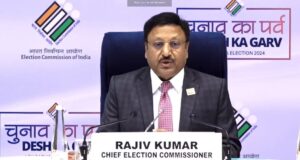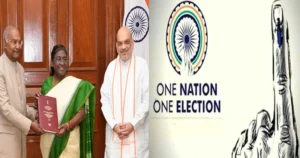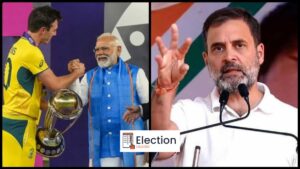Table of Contents
ToggleIntroduction
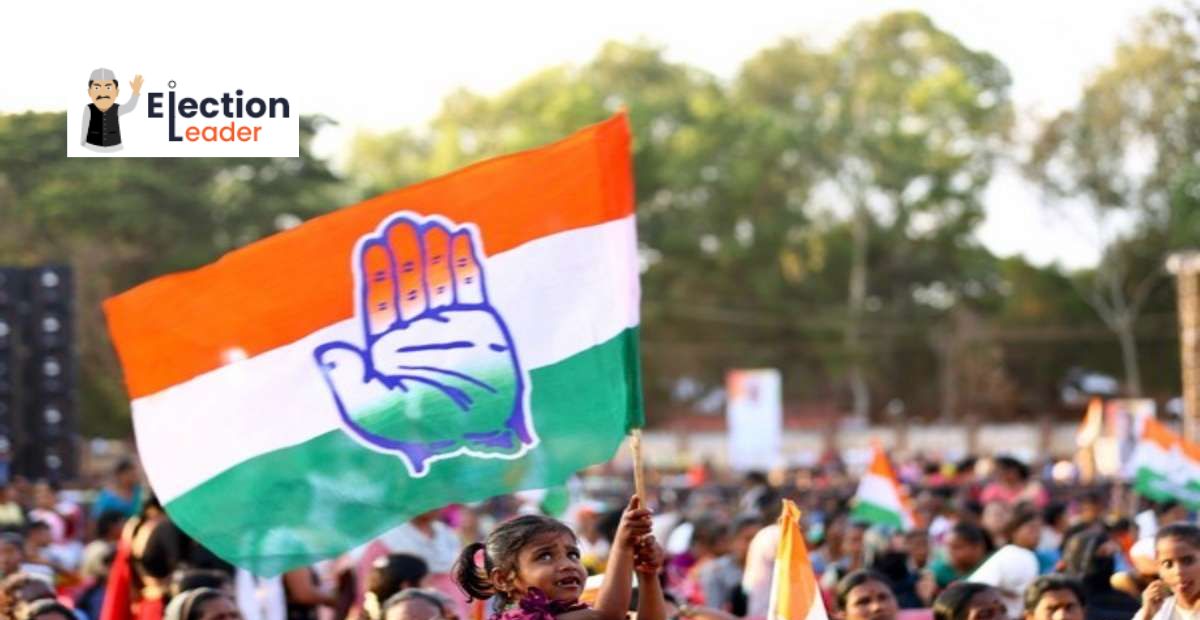
Within the ever-evolving realm of politics, the Indian National Congress (INC) party had a notable upheaval in the Indian state of Madhya Pradesh. The party, which has a long history in the state, made the decision to punish 39 of its own members severely for daring to run in the MP Assembly Polls against the INC’s approved candidates. This action has sparked conversations and arguments about the idea of party discipline within intra-party democracy as well as the wider implications for the political climate of the state.
We will examine the reasons behind the expulsion of these party officials, the possible repercussions of their actions, and the larger ramifications for democracy within political parties as we delve into the details of this internal battle.
The Expulsion of 39 Party Leaders
Recent MP Assembly Polls in Madhya Pradesh served as a battlefield for internal party conflicts as well as political parties. Defying intense competition, the INC’s goal was very clear: maintaining party unity and strengthening its standing in the state.
The party leadership saw a clear challenge to its authority when 39 leaders chose to run against the officially nominated INC candidates as independent candidates or on behalf of other parties. The INC then expelled these members, claiming that their behavior had damaged the party’s chances in the election and violated party rules.
While this expulsion may seem like a drastic measure it’s crucial to understand the context in which it occurred and the factors that led to such a decision.
The Reasons Behind Contesting Against Party’s Official Candidates
The reasons behind the decision of the 39 party leaders to run against the INC’s official candidates must be taken into account. The intricacies of intra-party politics can be better understood by comprehending their motivations.
Dissatisfaction with Candidate Selection
Discontent among certain party officials over the choice of official candidates was one of the main causes of dissension within the ranks. The process of choosing a candidate is divisive in any political party, and INC was no exception. It’s possible that these leaders decided to run on their own because they felt the party’s selected candidates didn’t best serve the needs of the community or the party.
Regional or Factional Differences
In many states, regional and factional politics play a significant role in candidate selection. It’s possible that some of the expelled leaders had strong regional or factional loyalties that clashed with the official party line. This led them to contest in defiance of the party’s decision.
Personal Ambitions
In politics, personal ambitions often run parallel to party goals. Some of the expelled leaders may have had personal ambitions or aspirations that they believed were better served by contesting independently rather than aligning with the party’s strategy.
Ideological Differences
Leaders within the party may run against official candidates due to ideological disagreements. They may choose to run as independents or with parties that more closely reflect their views if they feel that the party’s position and their personal convictions are at odds.
Implications of the Expulsions
The expulsion of these 39 party leaders has several immediate and long-term implications for both the Indian National Congress and the political landscape in Madhya Pradesh.
Impact on Party Unity
Expelling party members is a double-edged sword. While it may send a strong message about discipline and loyalty it can also lead to divisions and internal strife. In this case the expulsion has already caused a rift within the INC. The party may need to work on reconciliation and addressing the grievances of the expelled members to avoid a lasting impact on its unity.
Electoral Consequences
There’s a chance that the 39 expelled leaders running against the official INC candidates would divide the party’s voter base. Other political groups, especially the main opposition party, stand to gain from this split. This internal strife could cost the INC seats, which would have a big effect on the political climate in the state.
Debate on Intra-party Democracy
The expulsion has sparked a debate on the state of intra-party democracy. Some argue that party members should be free to express their views and contest elections even if they disagree with official candidates. Others contend that party discipline is essential for a party’s success and that contesting against the party is an act of disloyalty.
Opportunities for Opposition Parties
Opposition parties are quick to capitalize on internal turmoil within their rivals. The expelled leaders could align with opposition parties forming alliances that could further challenge the INC’s dominance in the state. This would be a cause for concern for the Congress Party.
Intra-party Democracy and Party Discipline
The situation in Madhya Pradesh brings to the forefront the perennial debate between intra-party democracy and party discipline. These two concepts often clash in the Political Landscape and raise important questions about the functioning of political parties.
Intra-party Democracy
Transparent candidate selection procedures for internal elections and the ability of party members to voice their opinions even when they diverge from the official party line are key components of intra-party democracy. It’s considered a means of making sure the party represents the variety of opinions within its ranks rather than acting as a dictatorship.
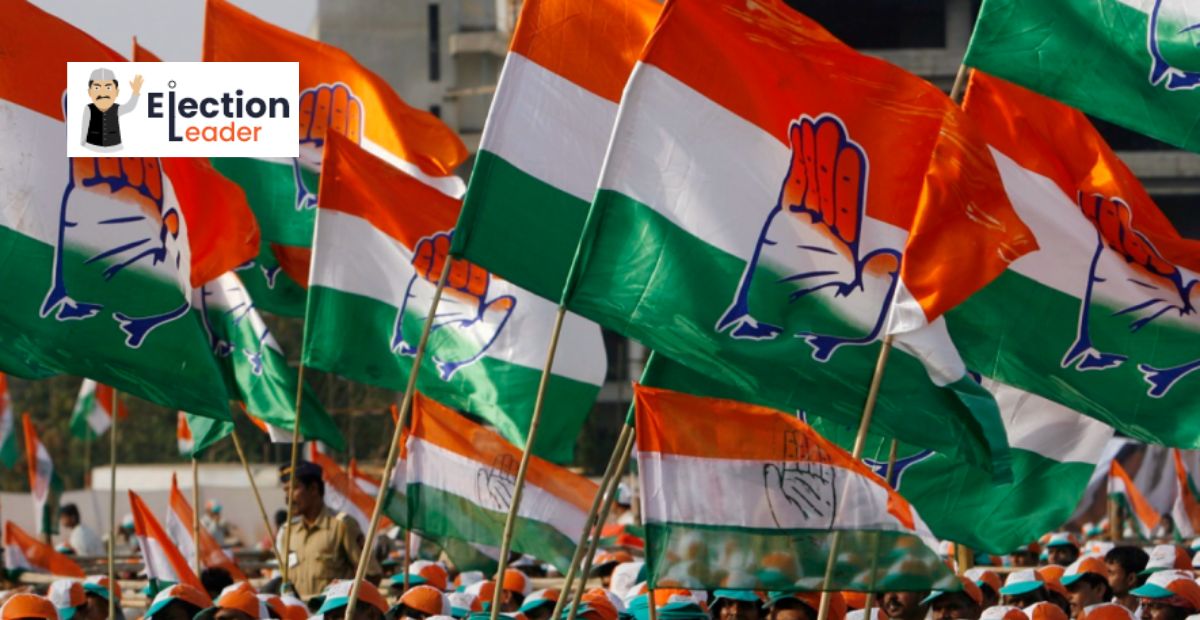
Proponents of intra-party democracy argue that it encourages a vibrant exchange of ideas attracts a wider range of leaders and helps parties adapt to changing political and social dynamics. They see it as a way to prevent the party from becoming too insular and out of touch with the electorate.
Party Discipline
On the other hand party discipline is crucial for maintaining the cohesiveness of a political Organization. Without it parties can descend into chaos with members openly contradicting each other and undermining the party’s core message. Discipline is essential for a party to present a united front to voters and work efficiently to achieve its objectives.
Party leaders often argue that discipline is necessary to ensure that the party remains a unified force capable of implementing its agenda. They contend that with discipline parties can become cohesive and retain the ability to compete effectively.
The Balancing Act
The expulsion of the 39 leaders in Madhya Pradesh illustrates the challenging balancing act that political parties must perform. They must maintain discipline while allowing for internal democracy. Achieving this balance can be difficult and often depends on the specific circumstances of each party and election.
It’s possible that the INC decided to remove these leaders because they saw a potential threat to party cohesion and election prospects. It also begs the questions of whether party leaders ought to be more receptive to opposing viewpoints and whether they ought to look into internal dispute resolution procedures before utilizing expulsion as a last resort.
Lessons for Political Parties
The Madhya Pradesh episode offers several lessons for political parties across India and beyond.
Transparent Candidate Selection
Political parties should prioritize transparent and inclusive candidate selection processes. This can help reduce discontent and dissent among party members. By involving more members in the selection process parties can mitigate the perception of favoritism and improve internal cohesion.
Conflict Resolution Mechanisms
Political parties will inevitably experience internal strife. Effective dispute resolution procedures that enable members to express their grievances and look for solutions inside the party should be established by the parties. Expulsion ought to be the final option pursued after all other possibilities have been exhausted.
Intra-party Democracy Reforms
Political parties should consider adopting measures to enhance intra-party democracy. This could include the introduction of primaries or other methods of involving party members in decision-making processes. Such reforms can give party members a greater say.

